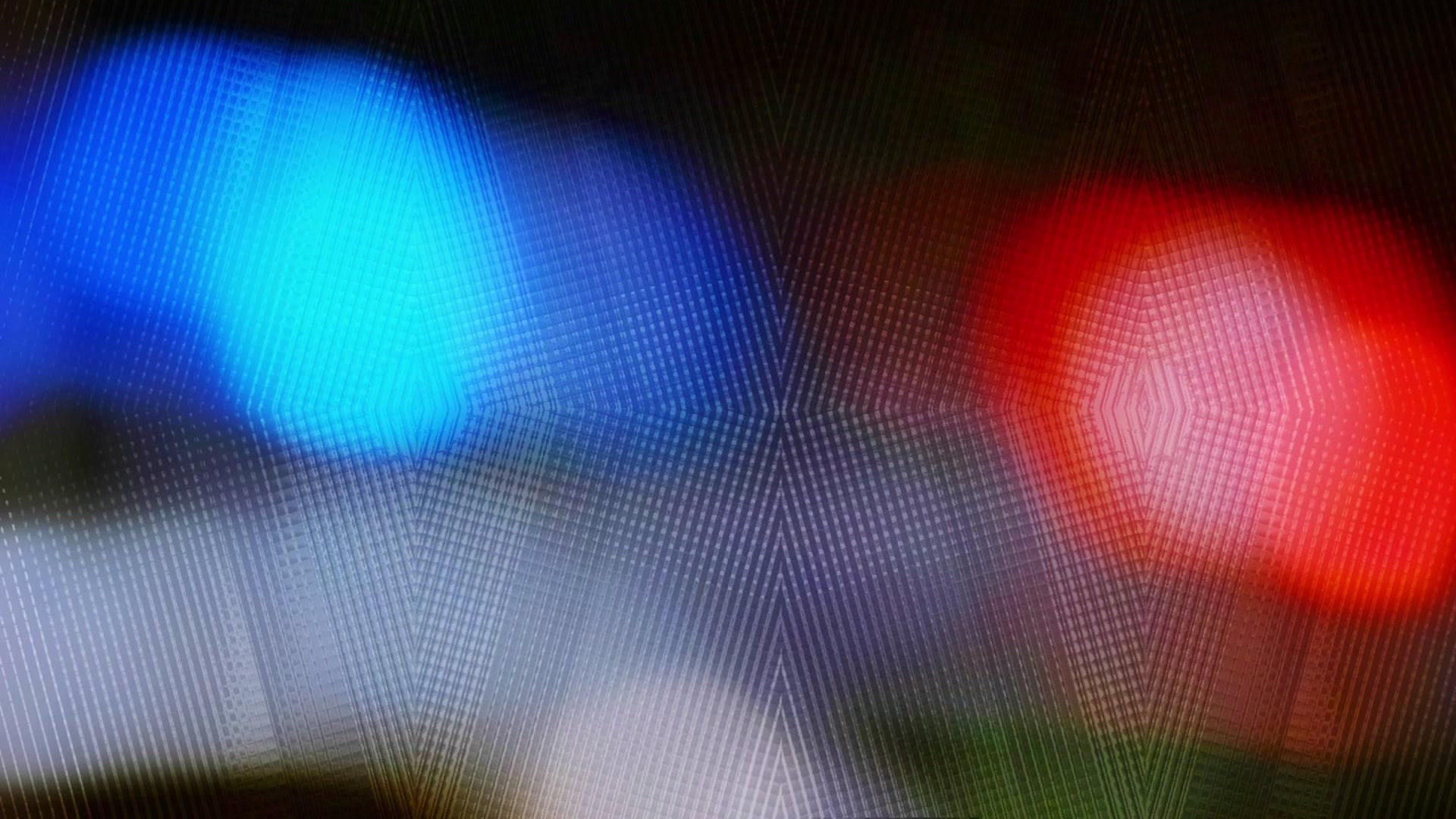Walking along Surfside Beach, Angela Sneed and her daughter, Erika, noticed a brown pelican struggling to get on a buoy from the water.
The Facts reports at the time, they could tell something was wrong but weren't sure what to do because it was out in the water, so they continued their evening walk.
But when they walked back from the jetty, they saw the pelican sitting on the sidewalk, looking visibly unhealthy.
"My daughter looked at me and said `Mom, we have to help' and I said I wanted to, but we didn't know what to do," Angela Sneed said. "So we called the Gulf Coast Wildlife Rescue and they said `If you can catch her, we'll make sure we can take care of her.' So I knew how to hold birds, but I was thinking `How am I supposed to drive with a pelican in my car?"'
Sneed and her daughter were able to get the pelican with a blanket and drive it 23 minutes to Dana Simon's home south of Angleton, which also serves as the headquarters for Gulf Coast Wildlife Rescue, a nonprofit that rehabilitates animals.
"It was a very cool and scary experience," Sneed said. "It was almost like (the bird) was just waiting there for help because she knew she didn't have long," she said.
Simon began rescuing animals in the late 1980s and officially established the Gulf Coast Wildlife Rescue as a nonprofit in 1994 where she's turned her home into an oasis for sick or injured animals, complete with several large fenced cages and an animal hospital area. She has voluntary veterinarians who assist but she does much of the medical care herself, she said.
Local
The latest news from around North Texas.
The shelter sees over 4,000 animals each year, Simon said. When the animals arrive, they are examined and treated. All birds receive a permanent band on their leg for tracking purposes, Simon said.
The organization recently took in about 10 brown pelicans. It's not unusual to see up to 40 animals per day, Simon said. But the pelicans that were brought in were mainly sick with a parasite from the beach water, Simon said, though a few of the rescued birds were not sick and had injuries preventing them from being productive.
"If you can get close to a pelican, it's sick or injured,' Simon said. "You should not be able to get close to these birds or it's a sign something isn't right."
Knowing and understanding these signs can help the community know when to call the rescue and what to watch for, Simon said.
Between the hours of 7 a.m. and 10 p.m., Simon spends her time feeding, administering antibiotics and other medications, cleaning and generally caring for the injured animals residents bring to her.
"We have about 12 volunteers who also rehabilitate out of their homes -- we always have a desperate need for people who can help rehabilitate our animals," Simon said. "We also have a lot of volunteers who help transport the animals and help in many other areas," she added.
Karen Dockal is one of those volunteers. As a Surfside Beach resident, she said people in the community care about the wildlife in the community. She does her best to aid in the rescue and transportation of injured or sick birds because she sees it as her duty.
"Each rescue is a little different -- each requires a little roundup, a little luring," Dockal said.
According to Simon, Dockal has become one of her best "pelican wranglers."
"Most of the pelicans I have rescued have been sick and I think one was injured," Dockal said. "But as part of this community, you really come to love nature as a whole and you want to protect it as much as you can."
On a tour of the facilities at her home, Simon navigated the lush greenery surrounded by ponds and shaded by large trees as she shared the stories of the animals currently living there.
A sick barred owl, some species of hawks, pelicans, a baby dove, possums and other local birds were in different stages of health throughout the property.
Simon said the animals have to go through several phases before being released back into the wild.
"Some of these guys will be placed in zoos because they cannot sufficiently survive in the wild in their condition," she said.
One of these animals was a brown pelican with a deformity in its beak. Simon said it didn't possess the survival skills to live on its own.
The rescue has sent animals to several zoos across the country including Pittsburgh and Houston, Simon said.
And birds aren't the only patients being rehabilitated at the Gulf Coast Wildlife Rescue. The shelter also welcomes fawns, bobcats, snakes, alligators and other wild animals in the community.
Simon said her volunteers are paramount to the shelter's survival.
"We do have some local corporations that sponsor us as well," she said. "But the majority of our donations come from the public."
Capt. Mark's Seafood donates fish to feed birds as well, Simon said, adding that she can go through several buckets of fish each day depending on how many birds are in the rescue.
While the rescue's busiest season is from March through November, Simon said seeing more pelicans this year can be attributed to more people at the beach or more people taking note of the sick animals around them and attempting to do something about it.
Either way, Simon is grateful for volunteers and encourages anyone wishing to get involved to reach out through the organization's website.
"I have blogged about (the pelicans) and how we as a community have helped these birds," Dockal said. "Finding out that we had a resource and (Simon's) group was an important part of that."



